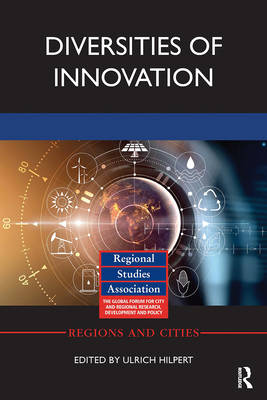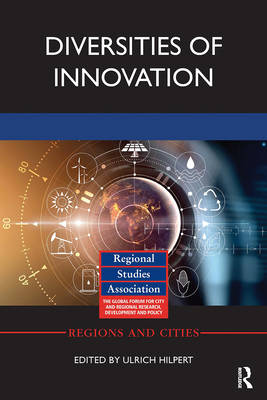
- Retrait gratuit dans votre magasin Club
- 7.000.000 titres dans notre catalogue
- Payer en toute sécurité
- Toujours un magasin près de chez vous
- Retrait gratuit dans votre magasin Club
- 7.000.0000 titres dans notre catalogue
- Payer en toute sécurité
- Toujours un magasin près de chez vous
Description
Innovation is often understood exclusively in terms of the economy, but it is definitely a result of human labour and ingenuity, and of the relationships among individuals and social groups. Some societies and governmental structures are clearly more successful than others: they act in divergent ways, fostering innovation and employment, and they utilize varied opportunities from different fields of research, from new products and from their educational systems.
Thus, innovation varies fundamentally between countries, and public policies - in matters such as energy technology, environmental technologies, facing climate change, and advancing conditions of life - can be determined according to different societies' needs.
This volume brings together a range of world experts to compare countries and continents and help develop a fuller picture of innovations and their social basis. It will be of interest to researchers in regional studies and economics, as well as labour unions, practitioners, and policy makers.
Spécifications
Parties prenantes
- Editeur:
Contenu
- Nombre de pages :
- 348
- Langue:
- Anglais
- Collection :
Caractéristiques
- EAN:
- 9780367731069
- Date de parution :
- 18-12-20
- Format:
- Livre broché
- Format numérique:
- Trade paperback (VS)
- Dimensions :
- 155 mm x 234 mm
- Poids :
- 517 g

Les avis
Nous publions uniquement les avis qui respectent les conditions requises. Consultez nos conditions pour les avis.





